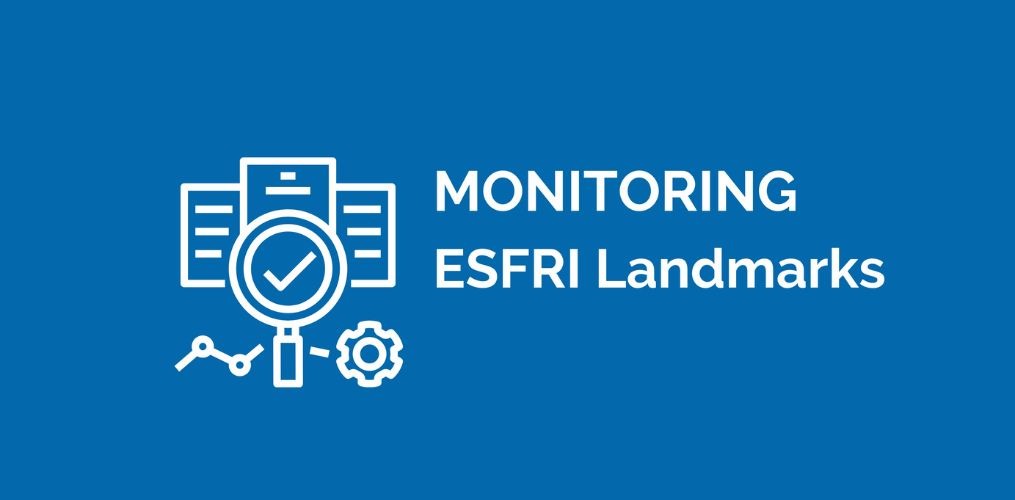
In October 2024, ESFRI released its Monitoring Panel Report for LifeWatch ERIC as part of its monitoring as a Landmark Research Infrastructure. ESFRI Landmarks were introduced in the ESFRI Roadmap 2016 as reference Research Infrastructures that guarantee the operational excellence of their Landmark label, including LifeWatch ERIC.
These Landmarks are pillars in the European Research Area (ERA) landscape, providing services to academic research and supporting development and innovation.
To make sure that RIs meet the standards that qualify them as Landmarks, ESFRI monitors their quality through a specific “Monitoring Implementation Group”. This group has defined some objectives of the monitoring: to maintain regular communication with Landmarks on their long-term development, to carry out individual quality assessment, to identify potential problems and recommend appropriate action, and to collect information on the performance, outputs and impacts of each Landmark.
In an excerpt of the official document, published at this link, you will find a summary of ESFRI’s analysis, highlighting LifeWatch ERIC’s strengths and areas for improvement.
This feedback is particularly valuable as it comes from an institution with deep insight into the excellence of Research Infrastructures across Europe, therefore providing important suggestions that we intend to implement in the near future.
LifeWatch ERIC is the only e-Science Infrastructure in Europe dedicated to biodiversity and ecosystem research, providing FAIR-compliant data and analytical services to researchers. The report provides overall positive feedback, with results in many cases exceeding the KPIs set up for our RI. Areas identified for improvement include the approach to data lifecycle management, financial sustainability, usability of the platform for policy relevance, and gender diversity, an area we are actively addressing through the ongoing revision of our Gender Equality Plan.
As each Landmark is monitored every five years, we are confident that we will make significant progress on the actions recommended by ESFRI before the next review.
ESFRI is the European Strategy Forum on Research Infrastructures, a strategic instrument to develop the scientific integration of Europe and to strengthen its international outreach. To learn more about its specific objectives, you can find the public version of the ESFRI Roadmap 2026 here.
Image source: ESFRI official website